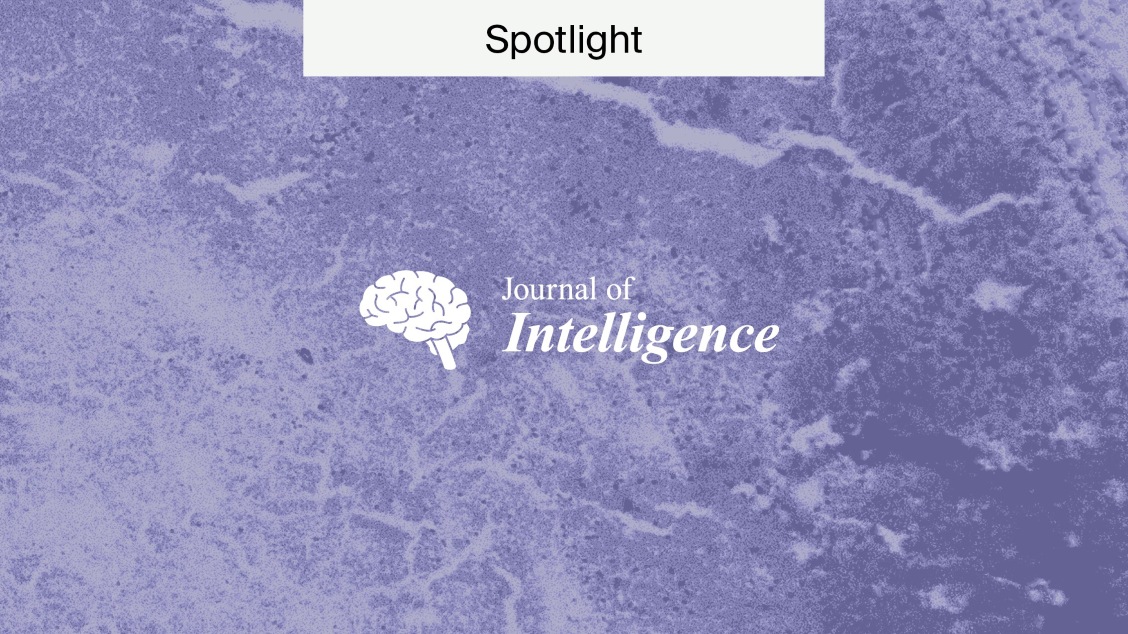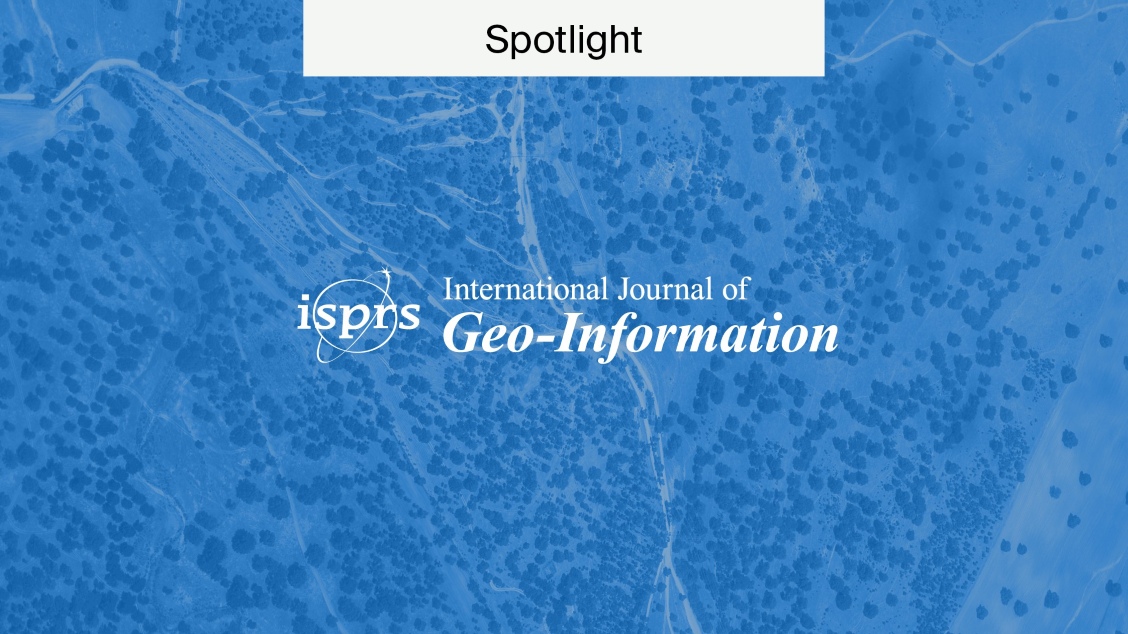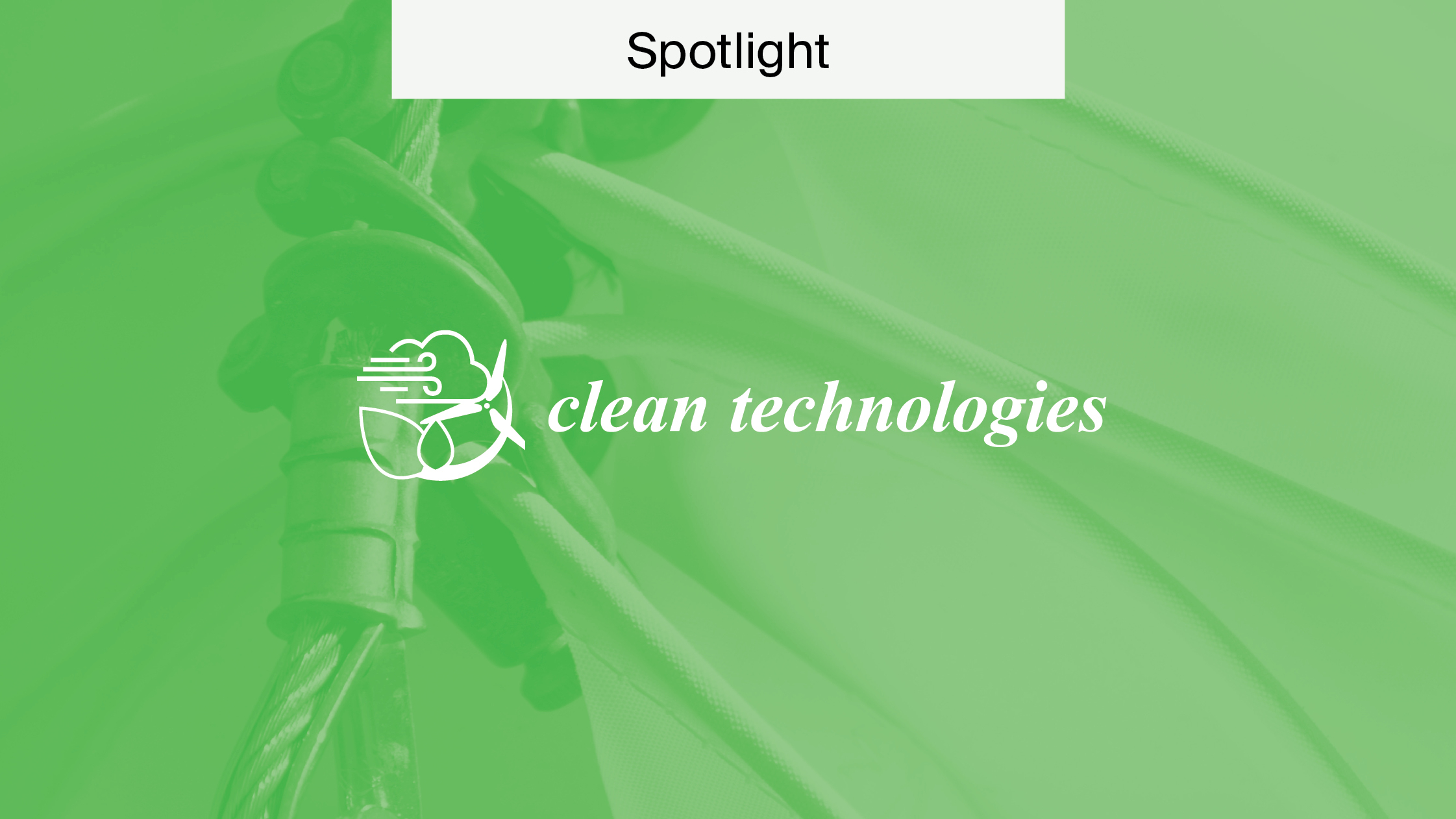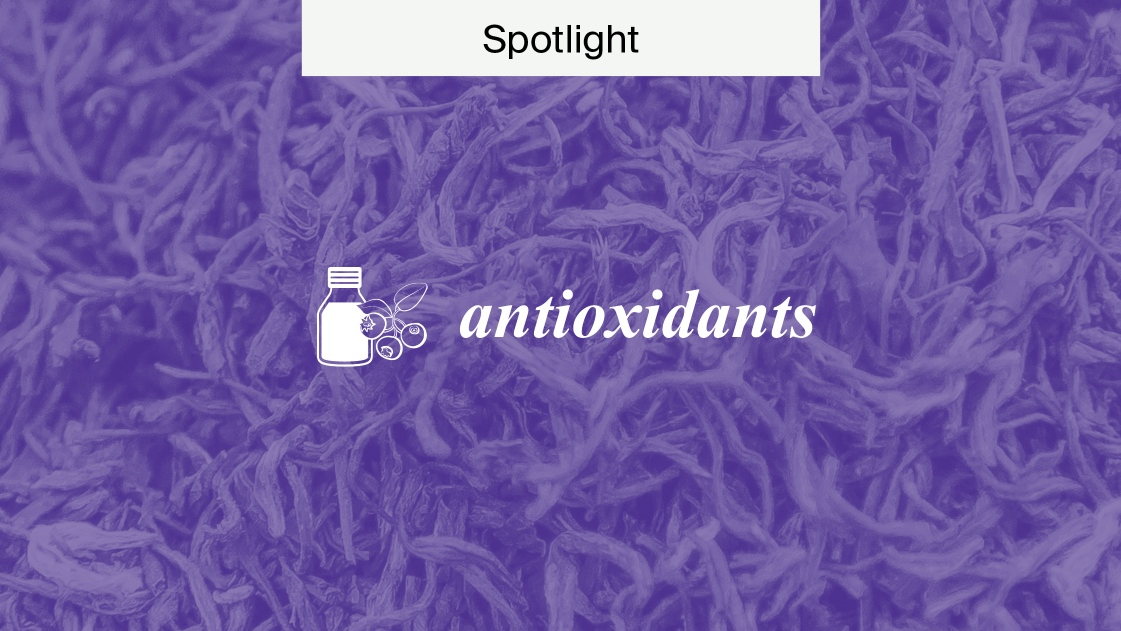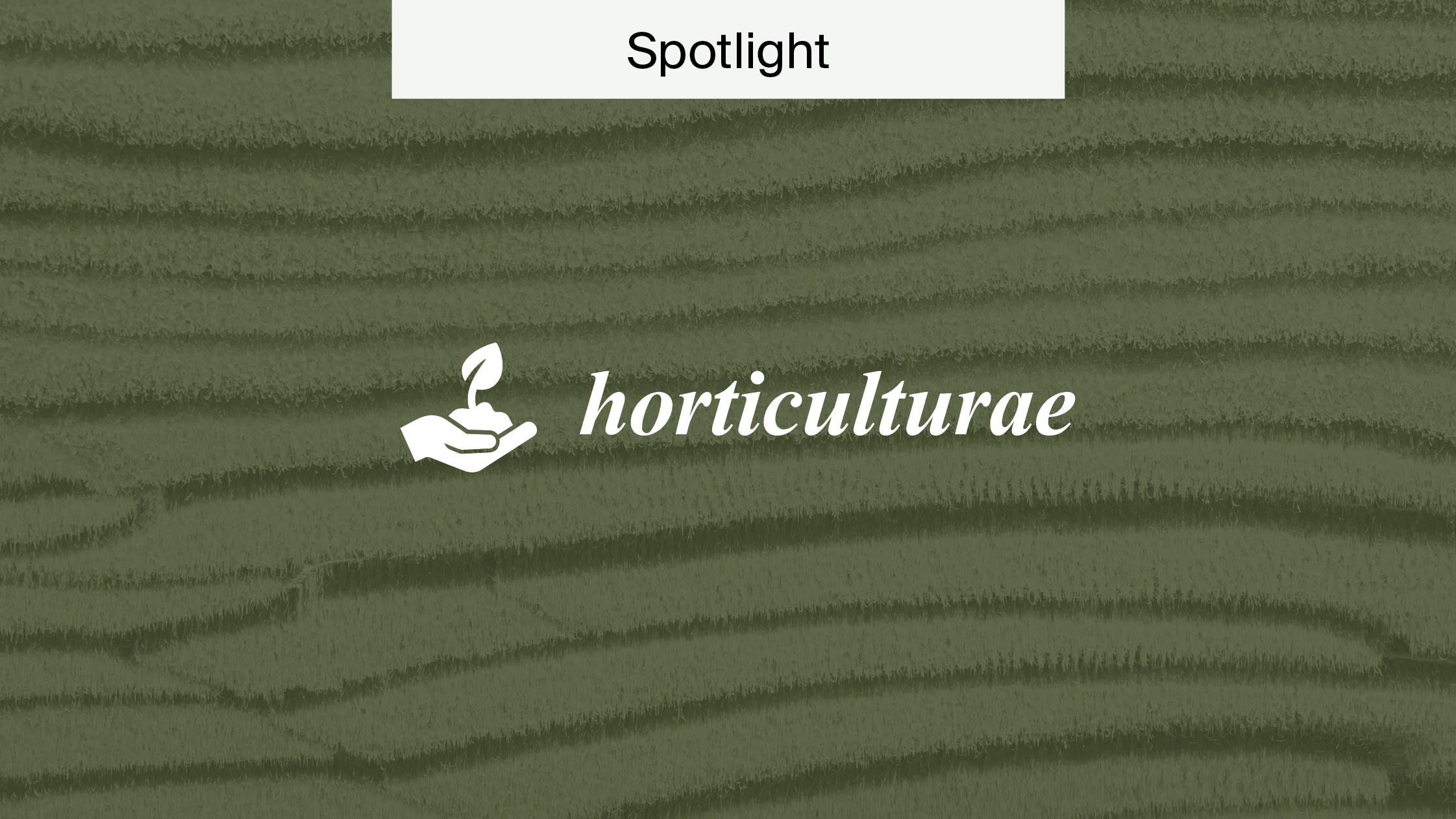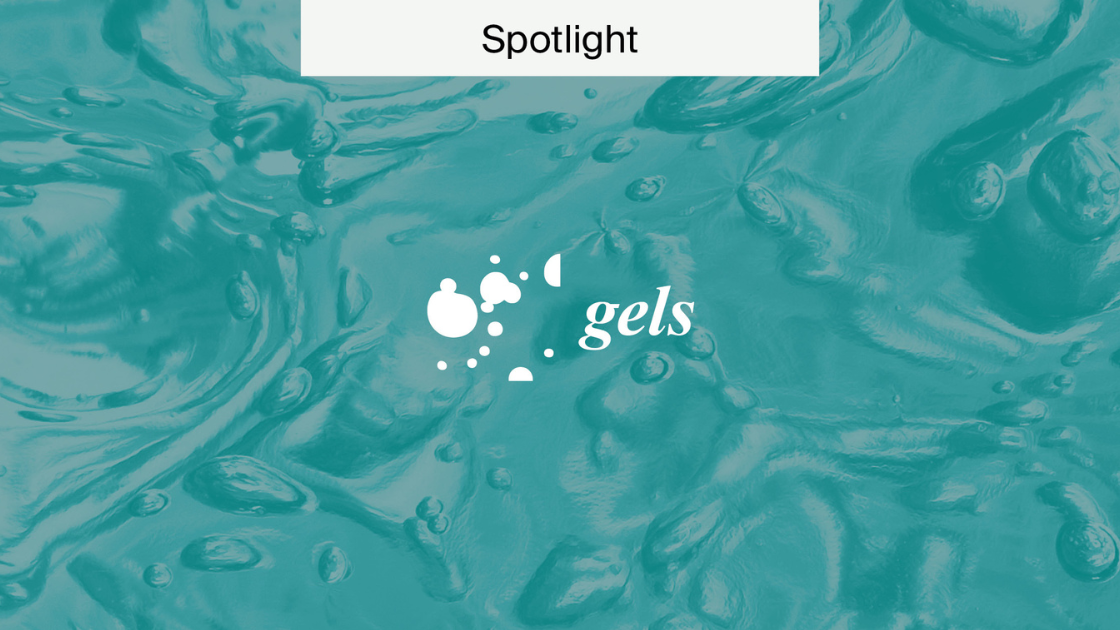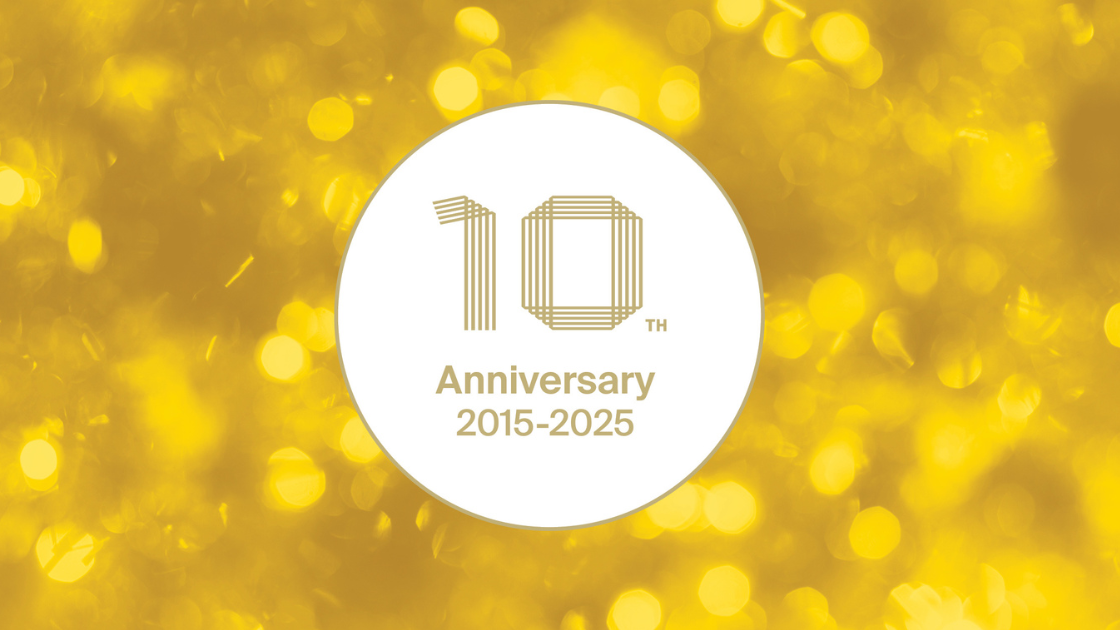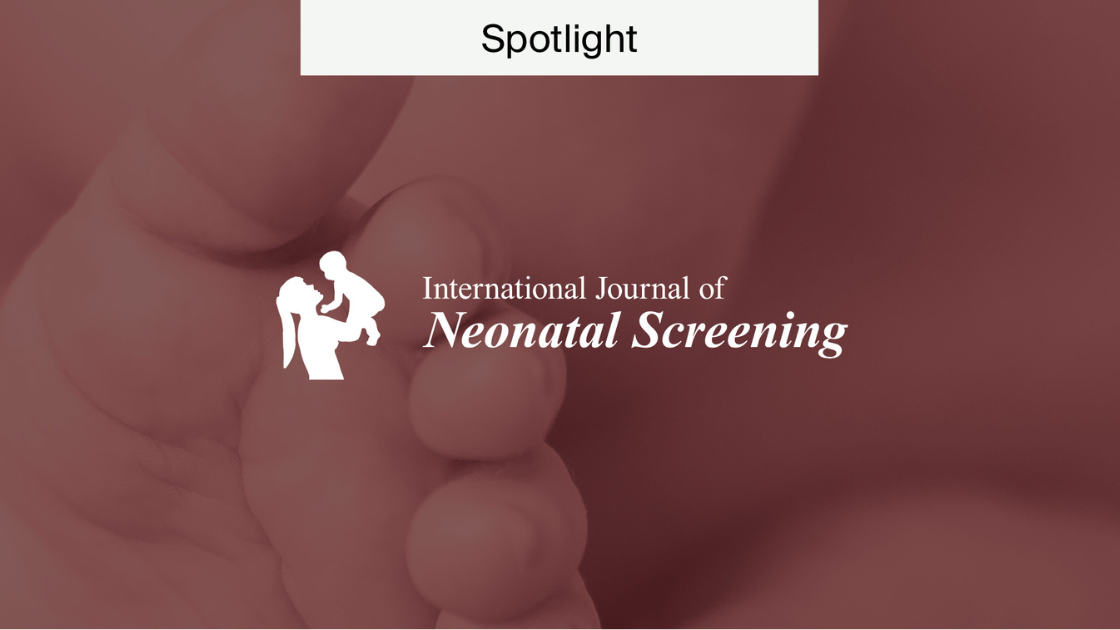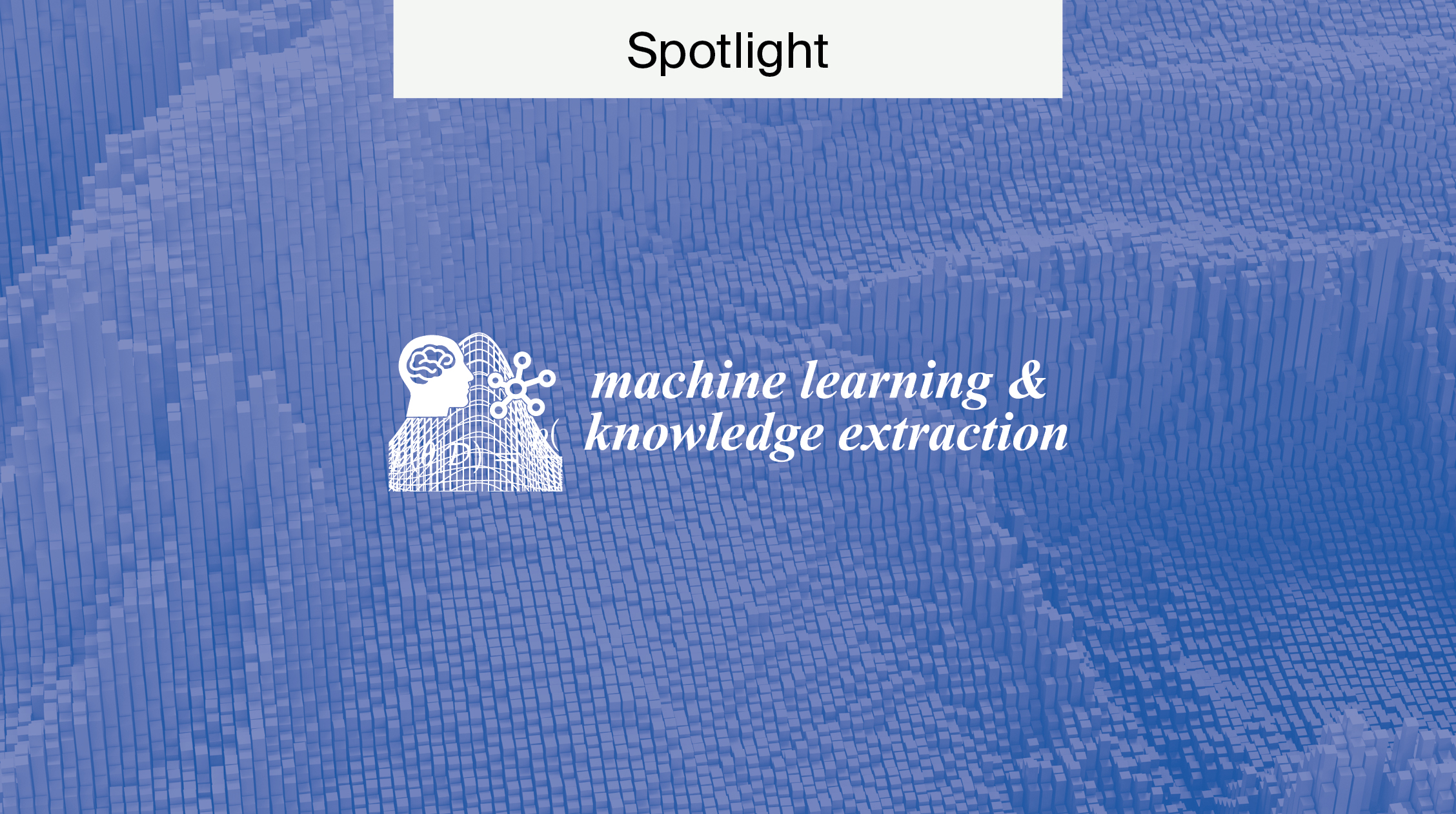
MAKE MDPI: Journal Spotlight
For this month’s Journal Spotlight, we’re highlighting Machine Learning and Knowledge Extraction (MAKE, ISSN 2504-4990), an international, peer-reviewed, Open Access journal on machine learning and its applications. MAKE has achieved incredible growth in both Impact Factor and CiteScore in 2025, which is a testament to the dedication and expertise of its Editorial Board Members, Reviewers, and Editorial Staff.
Editor-in-Chief: Prof. Dr. Andreas Holzinger
Current Impact Factor: 6.0
Current CiteScore: 9.9
Statistics as of July 2025.
A history of MAKE
The inaugural issue of MAKE was released in 2019, under the leadership of founding Editor-in-Chief (EiC) Prof. Dr. Andreas Holzinger. A full professor of digital transformation for smart farm and forest operations at the University of Natural Resources and Life Sciences Vienna, Prof. Dr. Holzinger works to foster secure AI solutions and advocates for a synergistic approach to human-centred AI.

Despite there already being other well-established journals in this field at the time, the founding of MAKE represented an opportunity to stimulate open scientific discussions in the field of Machine Learning. With this research area’s rate of growth and the broad range of modern-day implications, MAKE’s Open Access publishing model allowed for increased visibility and the removal of paywall boundaries for academics and institutions globally.
Moreover, as detailed by Prof. Dr. Holzinger in his Editorial piece, this approach allows for the distribution of open-source (publicly available) code. This encourages the reproduction of cutting-edge methods and tools, facilitating the published code’s utilization for real-world problems.
Read Prof. Dr. Holzinger’s Editorial piece.
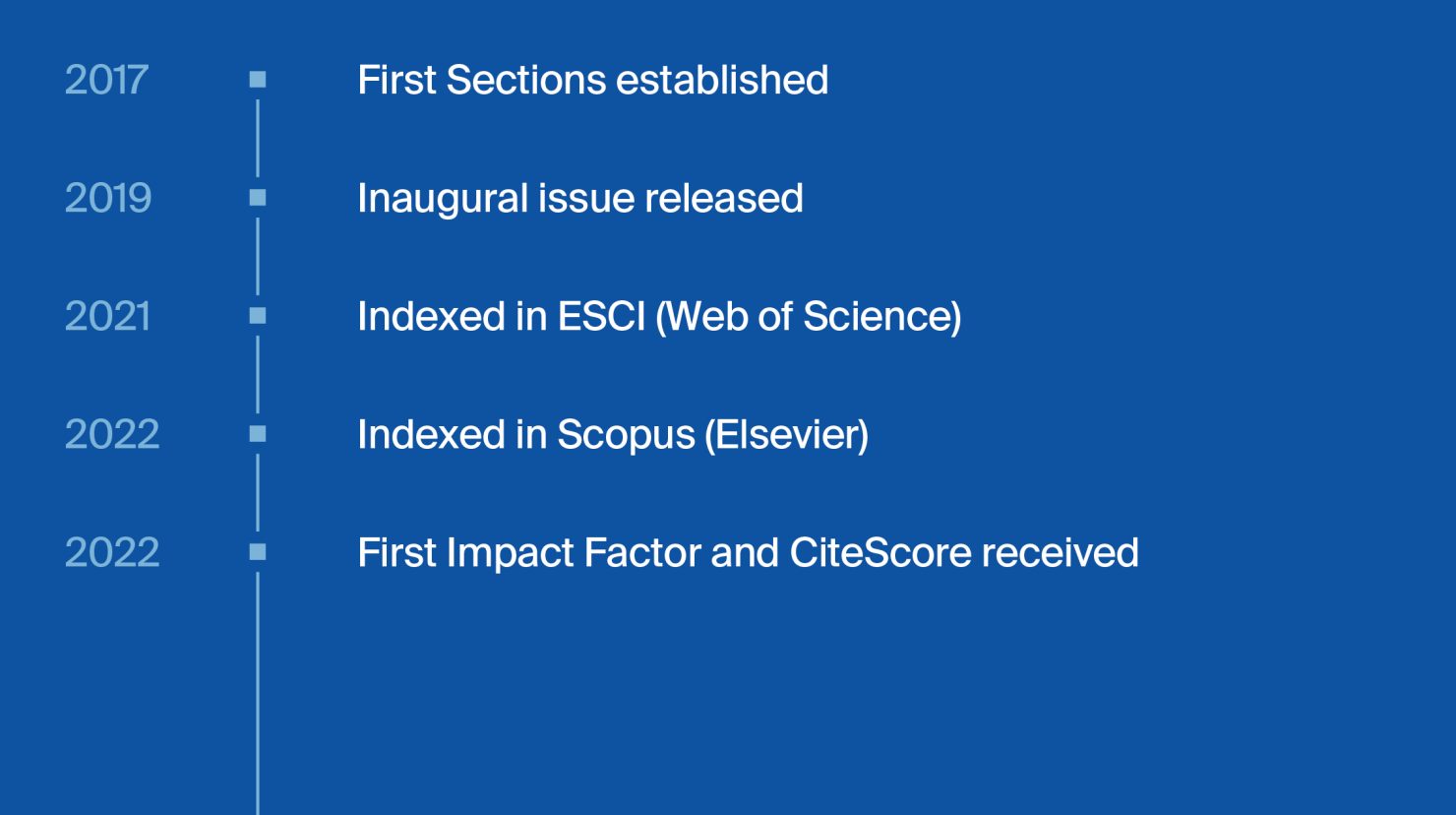
Aims & scope
Machine Learning is a fast-growing technical field with the ultimate goal of developing software which is able to learn from previous experience. Knowledge extraction, in this context, refers to identifying and extricating relevant structural and/or temporal patterns in data. Integrated research in these fields has a multitude of applications, including recommender systems, speech recognition, and autonomous driving.
MAKE recognizes the essential role that new graduates will play in the advancement of this ever-evolving field. Subsequently, it provides, concise, peer-reviewed tutorial papers with the aim of providing support to this group of upcoming scholars.
“The goal of the journal “MAchine Learning & Knowledge Extraction” (MAKE) is to provide an open platform to bring together researchers from diverse sections in a cross-disciplinary manner, without any boundaries, to stimulate fresh ideas and to encourage multi-disciplinary and cross-domain problem solving for the benefit of the human.” – Prof. Dr. Andreas Holzinger, EiC
The scope of MAKE is divided into distinct sections: Data, Learning, Visualization, Privacy, Network, Thematic Reviews, and General. The broad applicability of this field, coupled with the Open Access publishing model, allows for enhanced interdisciplinary collaboration and accelerated innovation potential.
Please see our video on YouTube explaining the MAKE journal concept.
Journal metrics

The MAKE publication that holds the achievement of most cited, most viewed, and most downloaded as of July 2025 is “A Comprehensive Review of YOLO Architectures in Computer Vision: From YOLOv1 to YOLOv8 and YOLO-NAS” by Juan Terven, Diana-Margarita Córdova-Esparza, and Julio-Alejandro Romero-González. The 2023 review paper, which has received 1,239 citations as of July 2025, presents a comprehensive analysis of the development of the YOLO (You Only Look Once) framework.
Journal Impact Factor (JIF, Clarivate) measures the frequency with which the average article published in a journal has been cited in a particular year. First receiving an Impact Factor of 3.9 in 2022, MAKE currently holds a rating of 6.0, which is the second highest JIF of all MDPI journals for 2024.

CiteScore (Scopus) is another useful metric for estimating a particular journal’s scholarly impact, calculated through measuring the average number of citations received over a certain period. In 2024, MAKE received an astounding CiteScore of 9.9, placing it among the top 10 best performing MDPI journals for this metric.

Additionally, MAKE is ranked in Q1 for the “Engineering, Electrical and Electronic”, “Computer Science, Artificial Intelligence” & “Computer Science, Interdisciplinary Applications” JCR (Journal Citation Report) categories. It also ranks in Q1 for the CiteScore category rankings in “Engineering (miscellaneous)” and “Artificial Intelligence”.
Each of these exceptional appraisals further highlights the high quality and high impact of the research published in MAKE.
Throughout its lifespan, the journal has received 46 mentions in patents, 2 in policy documents, and 26 in news outlets. These statistics provide quantifiable examples of MAKE publications contributing to real-world applications.
Indexing increases the visibility of a scholarly journal, also providing another indicator of strong quality. MAKE has been indexed by a broad variety of databases, notably including Scopus (Elsevier), ProQuest, ESCI (Web of Science), and DOAJ.
The MAKE community
Alongside many of MDPI’s other journals, MAKE gives out annual awards to reward the academic community and recognize exceptional scientific contributions. Currently open MAKE awards include the Best Paper Award (winner announcement: 30 June 2026) and the Outstanding Reviewer Award (winner announcement: 31 March 2026).
Find out more about MAKE awards here.
The journal has also exhibited at a variety of international scholarly events, recently including the 2025 Forty-Second International Conference on Machine Learning (ICML) and the 3rd Joint Conference on Statistics and Data Science.
Read below a selection of testimonials from individuals who have published their research in MAKE:
We found the MAKE editorial team to be very helpful and professional. Also, the peer reviewers provided excellent feedback and comments, allowing us to improve our paper tremendously. Thank you to the reviewers and editorial team. – Prof. Dr. Stefan Wagner, Author.
Excellent experience on all accounts. – Prof. Dr. Andrée Ehresmann, Author.
The publishing process was remarkably swift, with reviewers offering valuable insights that significantly improved the quality of the content. It truly encompasses everything one could wish for in a seamless and productive scientific content publishing process. – Prof. Dr. Andrej Škraba, Author.
Submitting a manuscript
Manuscripts for MAKE should be submitted online at susy.mdpi.com. The submitting author, who is generally the corresponding author, is responsible for the manuscript during the submission and peer review process.
To submit your manuscript, register and login to the submission website. Once you have registered, click here to go to the submission form. All co-authors can see the manuscript details in the submission system if they register and login using the e-mail address provided during manuscript submission.
Prior to submitting, explore the useful resources on our author guidelines webpage.
If you’d like to find out more about MAKE and its publication process, please visit the journal website.

